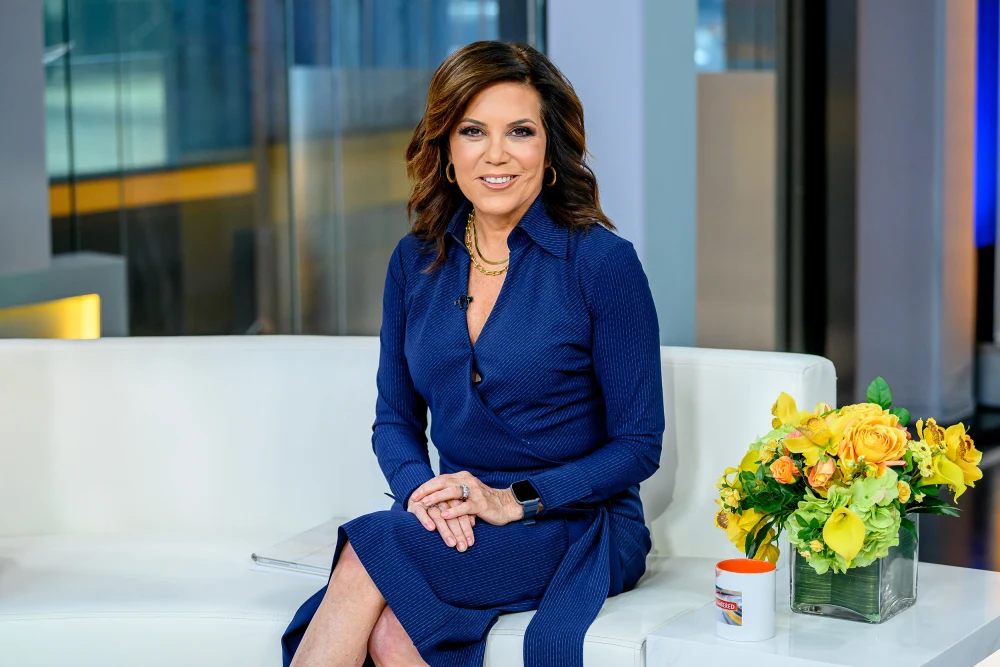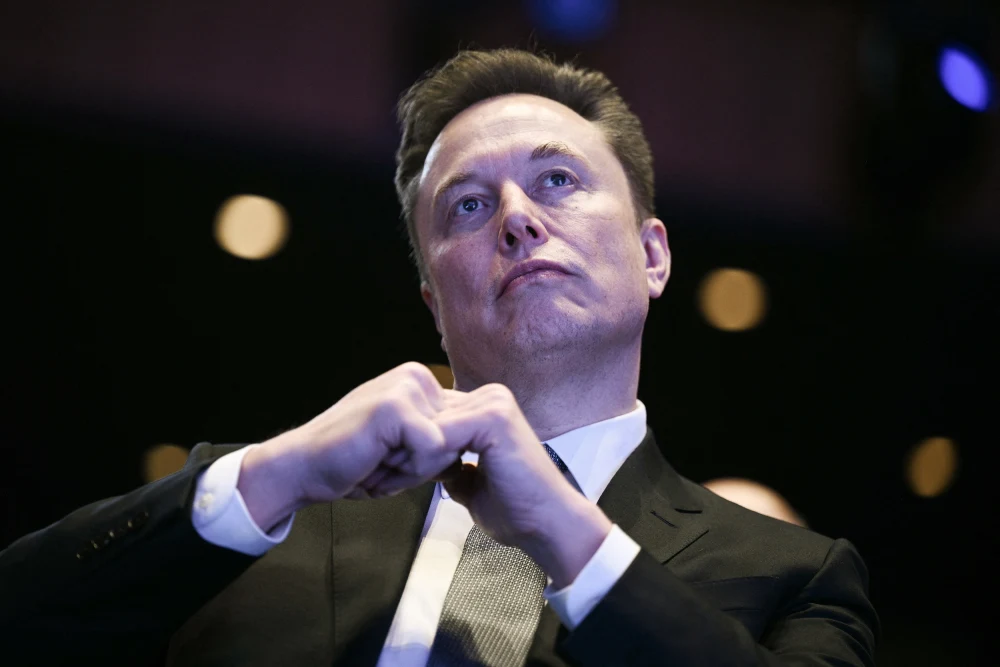The union representing Hollywood actors formally announced a strike on Thursday, expanding the standoff between Hollywood workers and studio executives over wages, AI technology and how to divide the profits of the new digital streaming era.
The strike by the Screen Actors Guild-American Federation of Television and Radio Artists (Sag-Aftra), which will begin on Friday, will mark the first time in 63 years that Hollywood writers and actors are striking simultaneously.
Hollywood writers went on strike in early May. Now the 11,500 members of the Writers Guild of America (WGA) will be joined by some of Sag-Aftra’s 160,000 members.
“At some point you have to say no: we are not going to take this any more,” Fran Drescher, the Sag-Aftra president, said in a press conference. “You cannot change the business model as much as it has changed and not change the contract too.
“If we don’t stand tall right now, we are all in trouble,” she said.
The simultaneous strikes are expected to halt the majority of Hollywood’s film and TV production, and have major effects on the broader Los Angeles economy. With some of Hollywood’s biggest stars on strike, press junkets for summer and fall movie premieres will be cancelled, and the Emmy awards will probably be postponed. Workers across LA are gearing up to survive for weeks or months without wages.
The Alliance of Motion Picture and Television Producers (AMPTP), the trade association that represents studios, said it was “deeply disappointed that Sag-Aftra has decided to walk away from negotiations”.
“Rather than continuing to negotiate, Sag-Aftra has put us on a course that will deepen the financial hardship for thousands who depend on the industry for their livelihoods,” the AMPTP said.
Members of Sag-Aftra and the WGA voted overwhelmingly to authorize a strike if needed. Members are asking for increases in base pay and residuals as film and TV shows have increasingly moved to online streaming platforms, and assurances that their work will not be replaced by artificial intelligence or their digital image will not be used without their permission.
Major movie stars in recent days spoke out about how the transition to streaming has affected less famous union members.
“You have to make $26,000 a year to qualify for your health insurance and there are a lot of people who get across that threshold through their residual payments,” Matt Damon said at a promotional event held for the film Oppenheimer on Wednesday. “There’s money being made and it needs to be allocated in a way that takes care of people who are on the margins.”
AMPTP said it had offered the highest percentage increases in minimum pay levels in 35 years, “substantial increases” in pension and healthcare contribution caps, a 76% increase in foreign residuals paid from big-budget streaming shows and “a groundbreaking AI proposal”.
In recent weeks, Hollywood’s top acting talent had made it clear they were willing to strike. In late June, a letter from Hollywood A-listers, including Meryl Streep and Jennifer Lawrence, urged their union leaders not to settle for a mediocre deal in what they saw as a historically important contract negotiation.
Sag-Aftra and the studios had been negotiating for weeks, but failed to reach an agreement by the deadline of midnight on Wednesday. In a statement on Thursday, the actors’ union said its negotiating committee had voted unanimously to recommend a strike, and that its national board would decide on the matter on Thursday morning.
It said: “After more than four weeks of bargaining, the Alliance of Motion Picture and Television Producers (AMPTP) – the entity that represents major studios and streamers, including Amazon, Apple, Disney, NBCUniversal, Netflix, Paramount, Sony and Warner Bros Discovery – remains unwilling to offer a fair deal on the key issues that are essential to Sag-Aftra members.”
Drescher, Sag-Aftra’s president, said: “The companies have refused to meaningfully engage on some topics and on others completely stonewalled us.”
Her message to studio executives, Drescher said at Thursday’s press conference, was, “You’re sitting on the wrong side of history. Shame on you.
“You know what? Eventually, the people break down the gates of Versailles. And then it’s over. We’re at that moment right now,” Drescher said.
The strike is not only expected to shut down US based productions, but will also hamper many overseas shoots involving members. Some production work not involving Sag-Aftra performers can proceed.
A strike is also expected to have an immediate impact on publicity efforts for the summer’s top films; the Thursday evening premiere of Oppenheimer in London was moved to start an hour earlier so the cast could attend regardless of the outcome, but the actors left before the screening, Deadline reported. Other major commercial films including Barbie and Mission: Impossible – Dead Reckoning Part One have already hosted their world premieres, though their stars will be restricted from participating in further promotional events.
The strike might also delay the Emmy awards until late autumn, or even next year, industry publications reported.
Disney has announced that a 15 July premiere of its movie Haunted Mansion will still take place at Disneyland regardless of the strikes, though the film’s actors – including LaKeith Stanfield, Tiffany Haddish, and Jamie Lee Curtis – will not be present.
San Diego Comic-Con, scheduled to begin on 20 July, will be affected as well.
Hollywood writers have been on strike since 2 May. The beginning of that strike was marked by strong solidarity from Hollywood’s other unionised workforces, including the powerful Teamsters’ union, and Sag-Aftra members showed up in solidarity at Writers Guild of America picket lines, even before their own strike was called.
Anonymous industry sources told Deadline this week that studio executives did not plan to resume negotiations with the striking writers until late October.
“The endgame is to allow things to drag on until union members start losing their apartments and losing their houses,” an industry source was quoted as saying, with another saying the goal was to “break the WGA”. A spokesperson for the studios denied those anonymous claims, telling Deadline in a statement that the companies “are committed to reaching a deal”.
Duncan Crabtree-Ireland, the union’s chief negotiator, said Sag-Aftra’s 1960 strike had won its members a health plan and television residuals. “This is the same kind of strike – a strike that makes sure our members’ livelihoods are not taken away by artificial intelligence,” he said.




